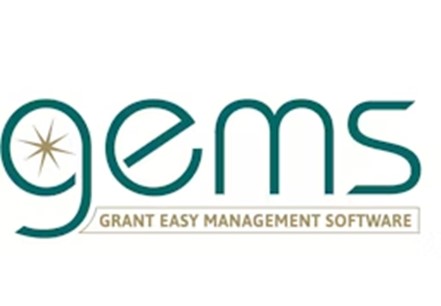Should Freelance Grant Writers Submit Grants on Behalf of Your Clients?

September 30, 2025
In this episode, Holly Rustick dives into a nuanced topic that many freelance grant writers grapple with: Should you, as a freelancer, submit grants directly on behalf of your clients, or should your clients always be the ones submitting? Holly unpacks the different approaches, shares best practices, and explores the implications for liability, client capacity-building, and business strategy.
Key Discussion Points:
The Big Question:
Who should submit the grant applications—freelancers or clients?
Building Funder Relationships:
Why it’s important to reach out to funding sources before applying, and how those relationships can impact success.
Different Approaches:
- Freelancers handling all communication and submissions.
- Freelancers coaching clients to be the face of their organization in all funder interactions.
- Hybrid models where responsibilities are shared or adapted based on client needs and context.
Capacity Building:
The trend towards helping nonprofits build in-house capacity and why this matters for long-term funding success.
Liability and Logistics:
The pros and cons of taking on the responsibility of submitting grants—including legal and practical considerations—and why clear contracts matter.
Technology and Practical Roadblocks:
Portals, email addresses, and the messy reality of online submissions.
Real-World Scenarios:
How things can go awry if responsibilities and systems aren’t clear.
Best Practices:
The importance of flexibility, transparency, and having a clear process to follow.
Holly’s Tips:
- Clarify roles in your contracts: Spell out who will submit the grant and manage communications with funders to avoid misunderstandings or liability.
- Focus on capacity-building: Whenever possible, train your clients so they can manage relationships and grant submissions long after your contract ends.
- Remain flexible: Every nonprofit is different—sometimes, a hybrid approach works best.
- Watch for red flags: If you’re handling submissions, know the extra responsibility (and possibly cost) that comes with it.
- Always get approval: If you’re submitting, make sure you have written client approval for all final proposals.
Listener Takeaways:
Building strong relationships—with both clients and funders—remains key to success.
There isn’t a one-size-fits-all answer—much depends on your business style and your client’s needs.
Prioritize systems and communication to make grant writing smoother for everyone.
Links Mentioned in the Podcast
Freelance Grant Writer Academy
Join Holly’s newsletter “Write Grants, Get Paid” for tips and resources.
Rate, Review, & Follow on Apple Podcasts
“Every time I listen to Holly’s show, I learn something.” <– If that sounds like you, please consider rating and reviewing my show! This helps me support more people — just like you — move toward writing higher quality grants without overwhelm, and to start and grow successful grant writing businesses! Click here, scroll to the bottom, tap to rate with five stars, and select “Write a Review.” Then be sure to let me know what you loved most about the episode!
Also, if you haven’t done so already, follow the Grant Writing & Funding podcast. I’m adding a bunch of bonus episodes to the feed and, if you’re not following, there’s a good chance you’ll miss out. Follow now!“
This Podcast Episode is Lovingly Sponsored by:

This podcast episode is lovingly sponsored by Grant Easy Management Software (GEMS).
Break Up with Your Spreadsheet – Get GEMS Grant Easy Management Software and NEVER MISS A DEADLINE AGAIN!
Book YOUR FREE demo now! Click here.
Holly Rustick
Meet the author Holly Rustick
Work with Me
Write Grants, Get Paid.
Freelance Grant Writer Academy
Grant Professional Mentorship
JOIN OUR NEWSLETTER
Holly Rustick is a world-renowned grant writing expert and Amazon bestselling author.
Holly has been coaching grant writers how to run successful 5-6 figure businesses since 2017.
With two decades of grant writing and nonprofit experience, Holly is a popular keynote speaker for events all over the world, podcast host of the Top-Ranked Grant Writing podcast, a former university instructor, and is past president of the Guam Women’s Chamber of Commerce. She is constantly booked out to run trainings to help grant writers grow capacity, increase funding, and advance mission.
Love this post? You'll love these resources.
GET ACCESS NOW
Free Grant Writing Class
Get the proven 7 steps to eliminate anxiety and get Holly’s 20 years of secrets to start writing winning grants.
You will get the grant writing system that has helped Holly secure more than $25 million in grant funding and students earn more than $100,000,000 in funding for nonprofits around the world!
GET ACCESS NOW
Free 5-Step Checklist
OUR SPICY BELIEF IS THAT ALL GRANT WRITERS SHOULD START A BUSINESS, EVEN IF IT’S PART-TIME.
Work from home and have a massive impact on your community. Set up a grant writing business so you can start getting paid to write grants.